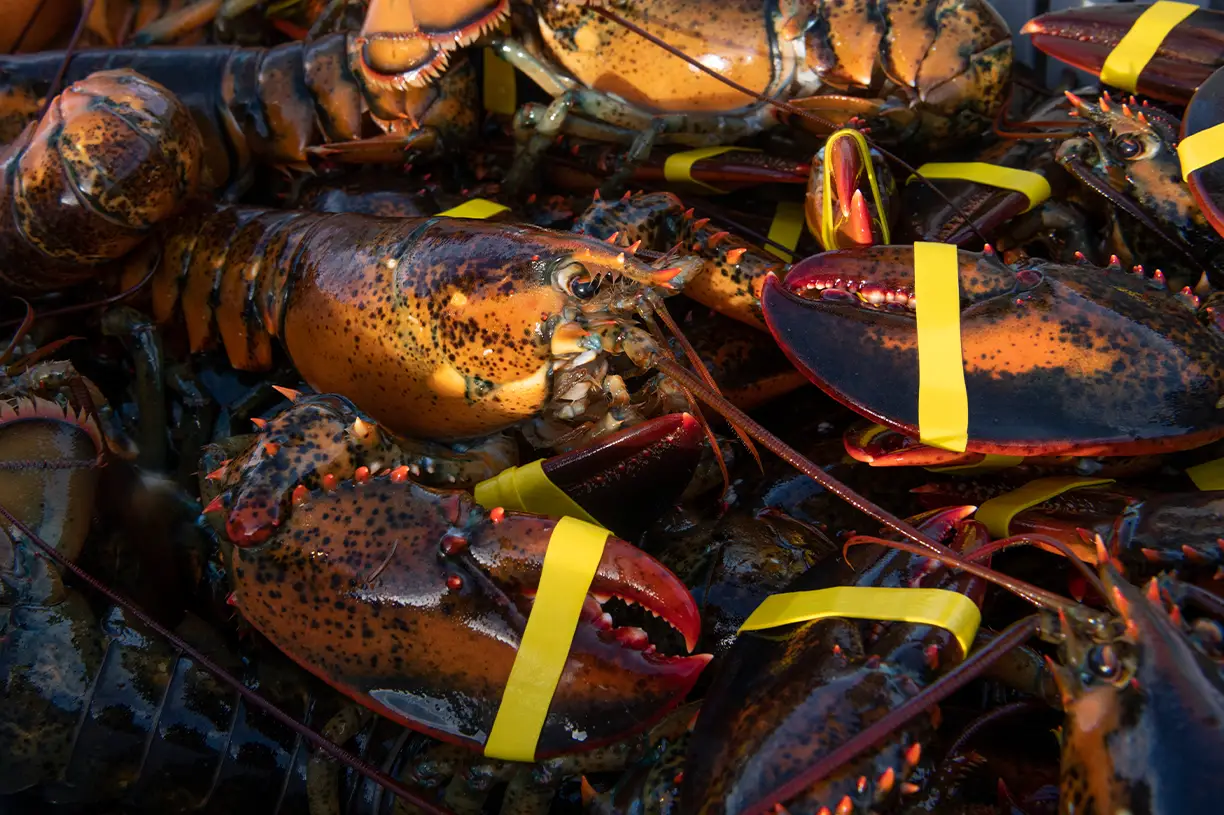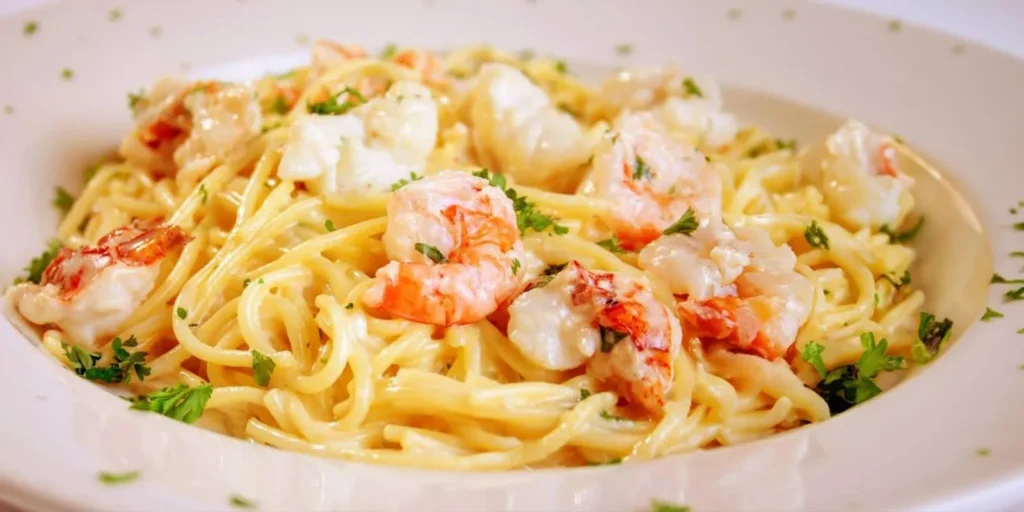
The Cold Clear Maine Water Produces the Best Lobster
Lobster has long been considered a delicacy of the sea, gracing the tables of fine dining establishments and casual seafood shacks alike. Among the various species of lobster, Maine lobsters hold a special place due to their unique flavor profile, culinary significance, and the hardworking lobstermen that harvest them.
Let’s explore the distinctive qualities of Maine lobsters compared to other lobster species and dive into exactly what makes them so special.
Maine lobsters (Homarus americanus) love a cold ocean. One of the most renowned characteristics of Maine lobsters is their sweet and succulent meat. The cold waters of the North Atlantic where they thrive contribute to this sweetness. The slow growth rate in these cold waters results in tender, flavorful meat that is highly sought after by lobster fans.
Maine lobsters have a good diet! Lobsters eat various seafood, such as crabs, clams, and fish. This diverse diet is believed to contribute to the complexity of their flavor, creating a taste profile that is rich and nuanced.
Maine lobster has a great texture. Maine lobster meat has a firm texture that’s incredibly satisfying to bite into. This firmness, along with the meat’s natural juiciness and sweetness, enhances the overall eating experience, setting them apart from all of the other lobster species.
What about the other lobsters?
Spiny Lobsters (Palinuridae): These lobsters are found in warmer waters like around Florida and California and have a distinct flavor that’s often described as milder and less flavorful than their Maine cousins. Their meat tends to be softer and less sweet due to the warmer waters they inhabit. Unlike Maine lobsters, spiny lobsters don’t have any claws!
European Lobsters (Homarus gammarus): European lobsters offer a flavor profile that’s somewhat similar to Maine lobsters, but with subtle differences. Their meat is slightly more tender and delicate, and the flavor can vary depending on their diet and habitat.
Rock Lobsters (Panulirus argus): Rock lobsters, also known as spiny lobsters, are prevalent in regions like Australia and the Caribbean. Their meat is leaner and has a distinct texture, making them quite different from the buttery Maine lobster. These guys are also lacking claws.
While all lobster is good, Maine lobsters stand out with their delicious flavor profile that comes from their unique habitat, diet, growth rate, and Maine lobster fishermens’ sustainable fishing practices. The sweetness, firmness, and overall richness of Maine lobster meat create an incredible flavor profile that is amazing on its own with butter, or elevated in a lobster roll, lobster bisque, or lobster mac-n-cheese. Maine lobster’s distinct flavor remains a testament to the exceptional qualities of this cold-water delicacy, amazing fishery, and all of the incredible lobstermen that harvest the species for our enjoyment and nourishment!











